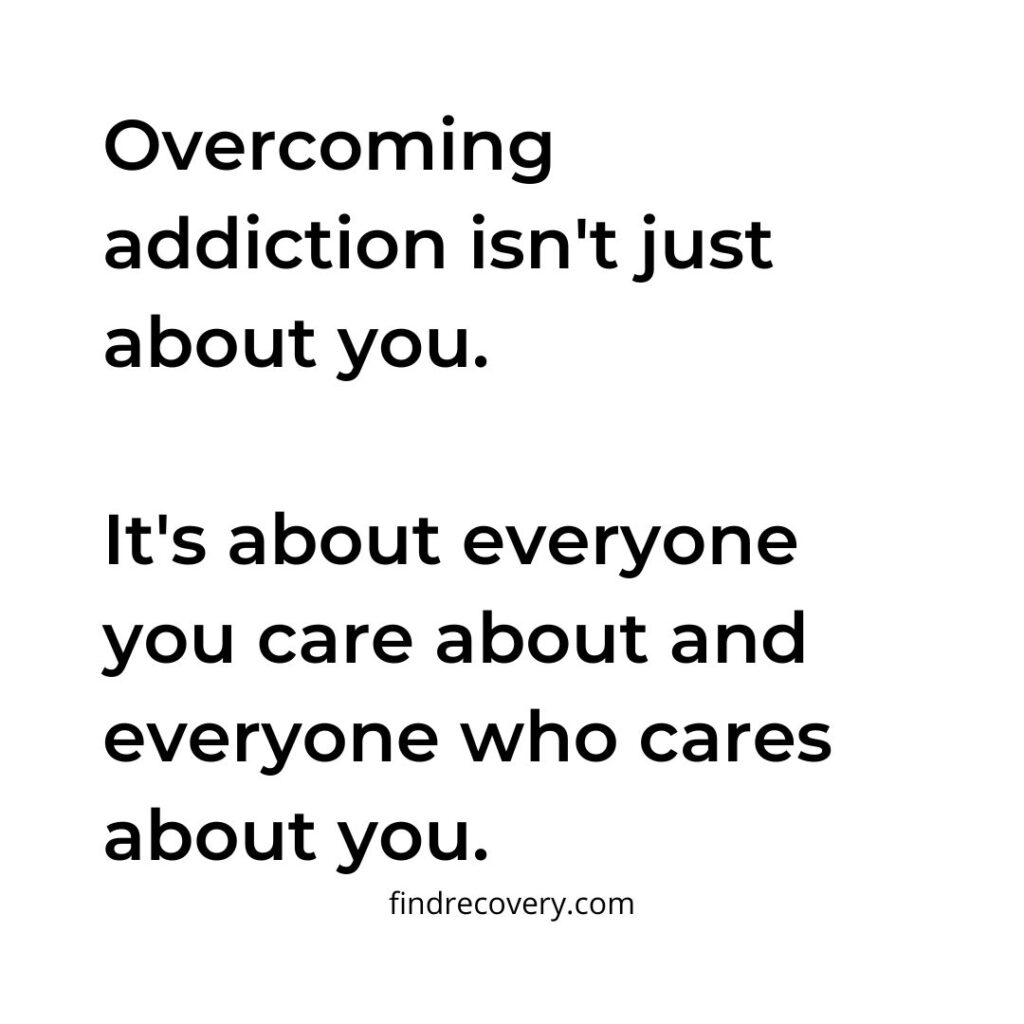Struggling with addiction brings forth a flood of complicated emotions such as shame, fear, and guilt. For women facing substance use disorder, these emotional challenges can feel even heavier, creating a profound burden that is often harder to bear. Societal norms, cultural influences, and widespread stigma contribute to a distinct imbalance, causing women to experience negative emotions more intensely than men. Such powerful feelings can become formidable obstacles, making it difficult for women to seek the crucial treatment they need. For those who bravely seek help, recognizing and confronting these deep-rooted emotions is essential for hope of real and lasting recovery.
Why addressing guilt and shame is vital in women’s addiction treatment
Women are often thought to be more emotional than men, and research supports this notion. Studies indicate that women with drug addictions tend to exhibit stronger emotional responses compared to their male counterparts, with feelings of shame and depression being much more prevalent among women.
There are various theories about why this occurs. For instance, it is believed that around 80% of caregivers are women, who typically invest four more hours weekly in caring for others than men do. This caretaking role can lead women to feel they have disappointed their loved ones, intensifying feelings of guilt and shame. Combined with societal pressures and stigma, these emotions can become overwhelming.
Research confirms that guilt and shame can worsen substance use. A study that looked into the long-term effects of shame in connection with drug use found that increased feelings of shame often lead to higher levels of drug consumption, highlighting how these emotions can create a damaging cycle if left unaddressed.
Feelings of guilt for past behaviors can prompt women to use drugs and alcohol as a coping strategy. The sense of shame can foster feelings of unworthiness, driving individuals further into isolation and self-blame, thus perpetuating a downward spiral.

Four suggestions for women seeking addiction treatment
Breaking the cycle of negative thoughts is crucial for effective addiction treatment for women, and must be pursued in a setting that understands the importance of dealing with guilt and shame. An effective program for women’s addiction must nurture a safe and supportive space where women can delve into their feelings without fear of judgment.
- Seek gender-specific treatment.
Programs tailored specifically for women can be incredibly beneficial. These programs not only acknowledge the significance of addressing guilt and shame but also cater to women’s unique experiences, including societal expectations and caregiving duties. They provide a safe environment for women to express their emotions openly.
- Transform negative thinking patterns.
Counseling and therapy are critical for helping women navigate feelings of guilt and shame. Methods like cognitive behavioral therapy (CBT) and dialectical behavior therapy (DBT) are effective for reshaping negative thought processes into healthier ones that promote recovery.
- Practice self-kindness.
Self-compassion serves as a powerful remedy for guilt and shame. It’s vital for recontextualizing one’s experiences, viewing addiction as a condition needing treatment, not a personal failing. It’s hard to seek help if a person doesn’t believe they deserve to achieve a healthy and joyful life. Self-compassion lays the groundwork for self-acceptance and eventually forgiveness, which are integral to long-term recovery.
- Engage with peers.
Dealing with addiction can be isolating, especially for women who may withdraw due to feelings of guilt and shame. This lack of social connection is detrimental not just to recovery but also to preventing relapse. Women in recovery can connect with others who understand their struggles through peer-support groups like Narcotics Anonymous. Many of these groups focus on specific communities such as LGBTQ+ individuals or those belonging to various ethnic backgrounds.
Overcoming substance use disorder among women
Although feelings of guilt and shame can be daunting, they are not impossible to overcome. With adequate support and resources, women can break the cycle of addiction, regain their strength, and achieve true recovery. Women’s addiction treatment programs, trauma-informed care, and community support play essential roles in this journey.
If you or a woman you know is seeking assistance for drug addiction but is uncertain where to begin, this complimentary online directory can help you find a nearby NA group.


